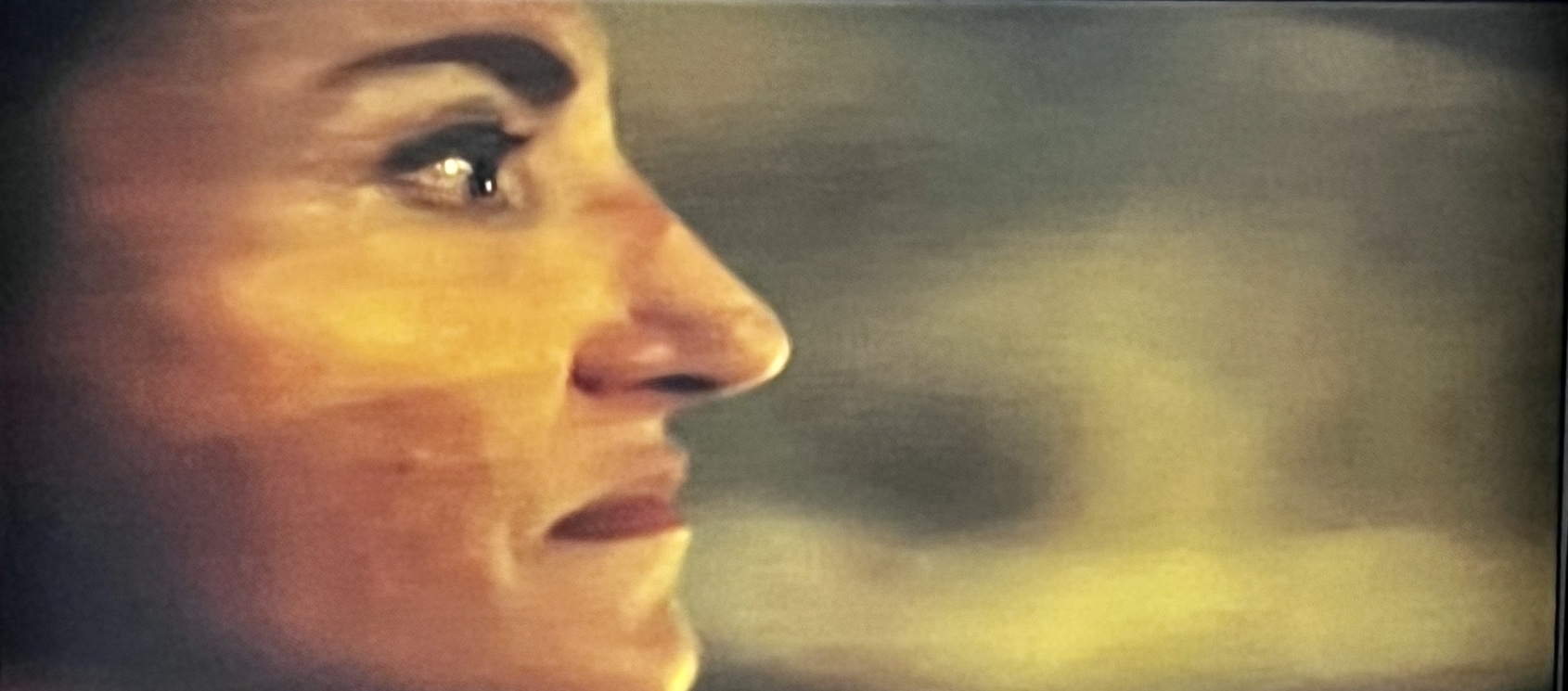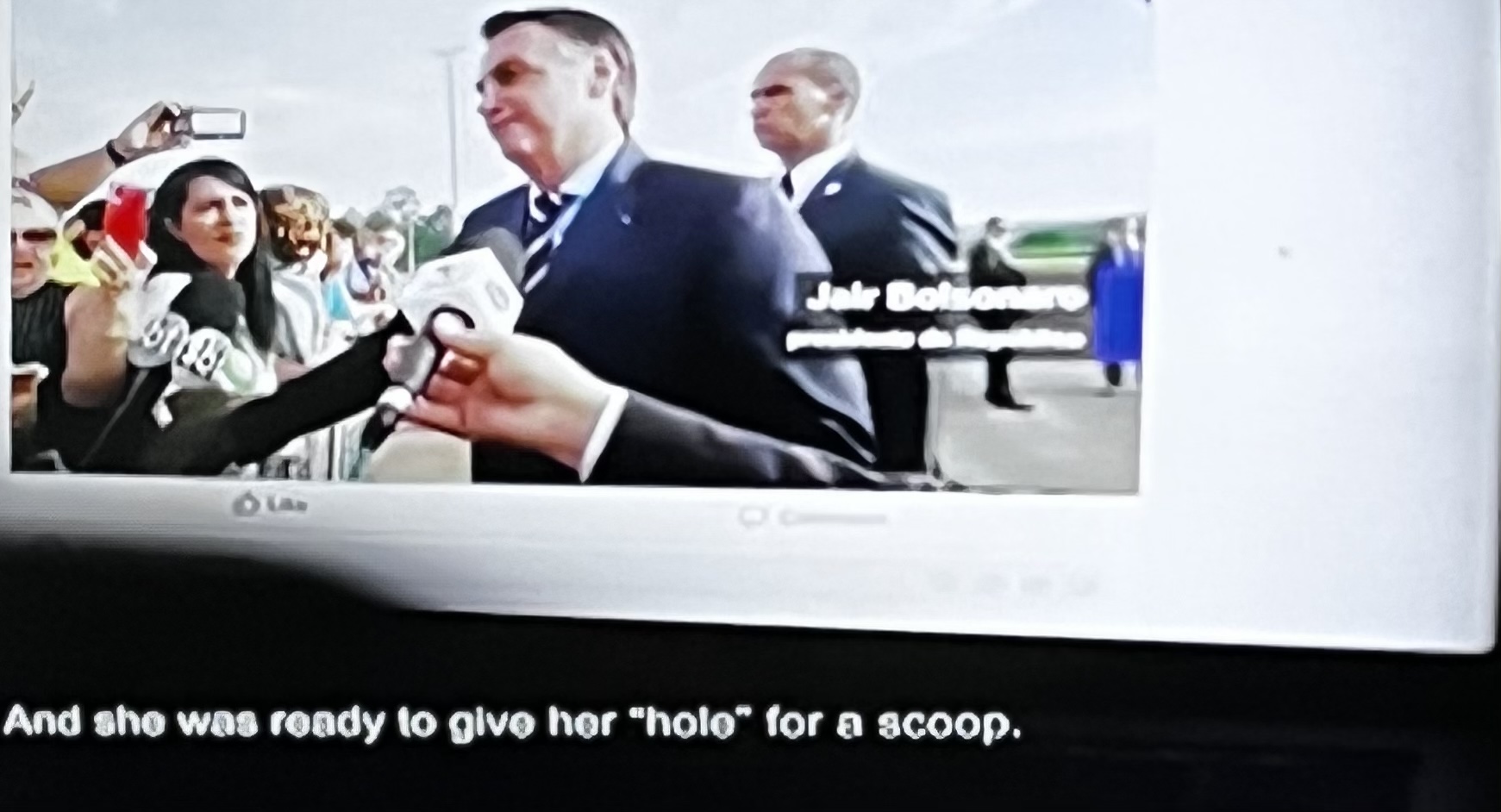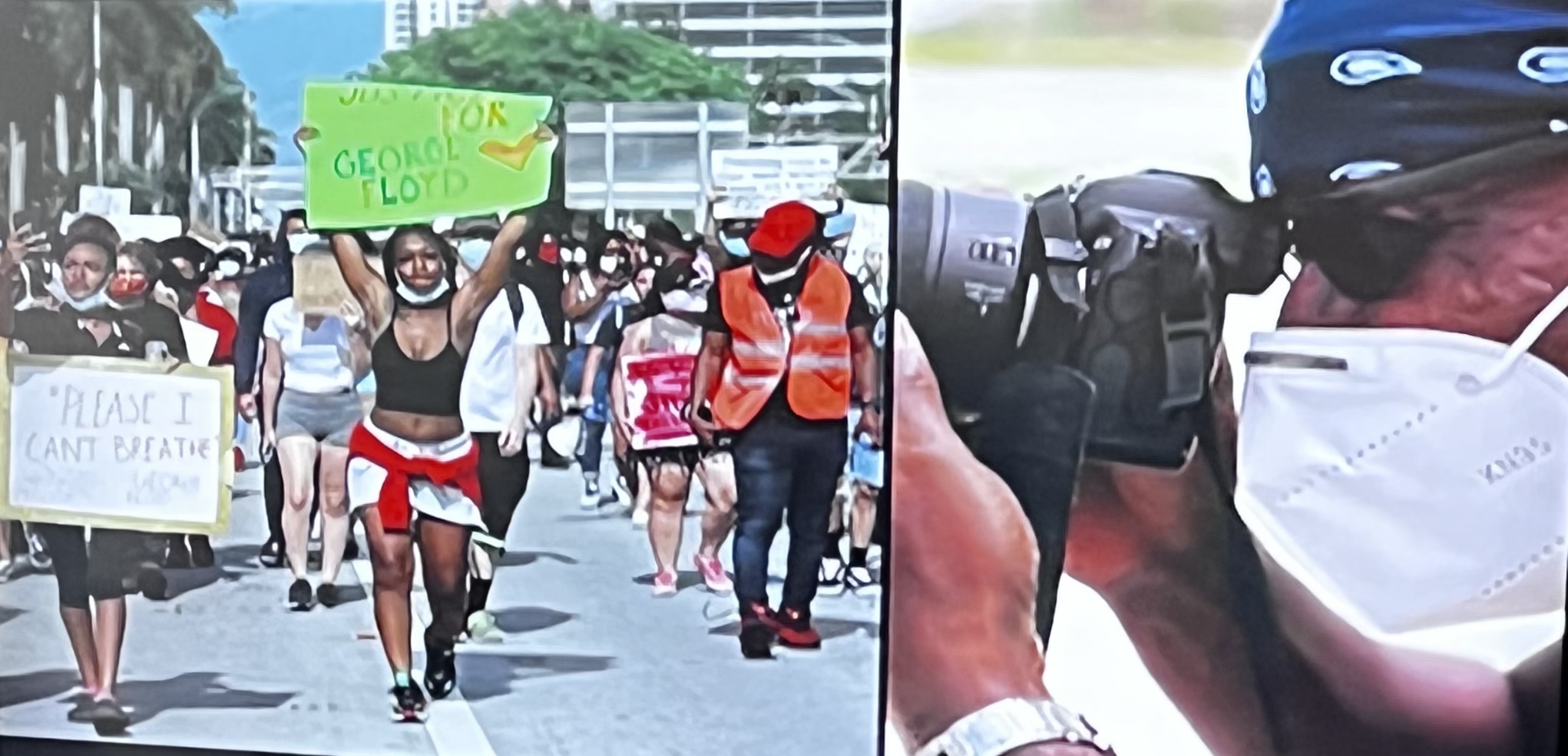A free press isn’t free
“Freedom of the press is fragile,” says Patricia Campos Mello, a Brazilian journalist who works for Folha de Sao Paulo, and who knows more than I about the subject.
She is one of four journalists featured in “Endangered,” a 90-minute documentary now on HBO.

It was recommended to me by a nonjournalist Facebook friend. I report on it now reluctantly, because I don’t like whining about journalists’ problems. Our role is to help people with their problems. But we can do that only if we are here to do it. And fewer of us are, every day.
Foreign journalists have a much more dangerous job than Americans, whose role is protected by the First Amendment.
About a decade ago, a local group asked me to be among a handful of Philadelphia journalists with different specialities to meet with journalists visiting from Kazakhstan. (That’s where Borat is from, and the journos were distinctly not amused by Sacha Baron Cohen’s journalistic character.)
The visitors were here to study reporting techniques, and they admired what Americans can do.
I told them I admired them, because I could — and did — criticize the mayor, the governor, the president, with no fear of arrest or kidnapping — unlike them, with no guarantee of their freedom. They operated under government threat. They are brave.
As is Mello, when reporting on Brazilian President Jair Bolsonaro, who accused her newspaper of publishing nothing but lies about him. “No more fake news,” he said in 2020, singing from someone else’s hymnal.

When she covered what she called Bolsonaro’s “illegal attempt to influence the election” — something else that sounds familiar — the president of her country said she traded sex for information. “She wanted a scoop. And she was ready to give her hole for a scoop.”
So half the country thinks I’m a whore, Mello said with grim resignation.
In a 2020 pro-government rally, one supporter on a bullhorn shouted, “We must destroy the mainstream media,” “These reporters are criminals” and “These people need to be exterminated.” It is chillingly familiar. An American president called reporters “the enemy of the people.”
But American reporters don’t “disappear.”
A split screen between São Paulo and Miami suggests a connection between the anti-press tactics of Bolsonaro and Donald J. Trump. (By coincidence, last week Fox News’ Tucker Carlson went to Brazil for a fawning interview with Bolsonaro, which turned a neat trick: He said Brazil is a democracy, with “less free speech, more police involvement in politics,” than in the U.S., as if it were a bad thing.
Yet he conducted an interview without once raising the question of “less free speech” and “more police involvement in politics.” Carlson is no Patricia Campos Mello.)
Toward the end of the documentary, we learned that a Brazilian court fined President Bolsonaro for slandering the female journalist.
In Mexico City, photojournalist Sashenka Gutierrez of the Efe News Agency tucks her purple hair under a helmet as she goes out to cover street protests by feminists against women being murdered or disappeared by the state. She is beaten by police, and talks about being “at risk” every time she goes out in the street in Mexico, a democracy.

In Florida, Miami Herald photographer Carl Juste is tear gassed while covering the George Floyd protest/riots, during which cameras capture cops arresting journalists doing their job on the street.
“We are moderators of fact. We are moderators of falsehood,” says Juste, who filed photos he had just taken from his car rather than from the office.
Around this time, the Herald was purchased by a hedge fund that closed the newsroom to save money. Everyone now works from home. (The Herald was once the flagship of the highly-regarded Knight-Ridder chain, publisher of the Philadelphia Inquirer, whose iconic building was sold by different hedge fund vultures for far less than its value.)
Here’s where “Endangered” goes a bridge too far, combining the threats reporters face with the failing finances of the newspaper business, which loses about two papers a week. The U.S. had 6,377 newspapers in May, down from 8,891 in 2005. Each subject deserves its own treatment.
Documentary producers Heidi Ewing and Rachel Grady should have concentrated on the physical threats, easily obtained from the Committee to Protect Journalists, which reports that 46 journalists had been killed in connection with their work in 2017, as compared to 48 in 2016, and 72 in 2015, and that of those journalists killed, 18 had been murdered.
The fourth journalist reported on was Oliver Laughland of Britain’s The Guardian, covering several U.S. news events, including the George Floyd disturbances, and the January 6 riot in the Capitol.
Unlike the journos in Brazil and Mexico, he is not threatened by state-sponsored retaliation.
He’s been working in the U.S. for about 6 years and said that people now can’t agree on what is fact. “You are living in two different realities.”
This fork in the road started prior to Trump, but his presidency gave it a jet boost.
When he started his anti-press garbage, I brushed it off as his usual insult barrage against anyone who criticizes the narcissistic, thin-skinned millionaire.
Just ignore it, let your good work speak for itself, I told my colleagues.
I was sanguine and, as it turns out, overly optimistic about the common sense of the average American. And most Trump supporters are average Americans. They are not the “deplorables,” in the elitist term coined by Hillary Clinton.
They were deeply dissatisfied with the direction of America. Their alienation has been explored elsewhere.
But I did not fully understand how Trump’s toxicity poisoned them against American institutions, including the press. The Trump Doctrine is not MAGA. It is a witch’s brew of prideful ignorance and mind-blowing arrogance.
I know at least a few of my Trumpster subscribers don’t trust the press.
But they do trust me. They say I am an exception. That is flattering but untrue. 98% of my colleagues are straight shooters.
One of the things I try to do at Stubykofsky.com is to explain, honestly, how journalists work. Regulars know I am a frequent critic of bad press media practices.
The vast, overwhelming majority of journalists are not enemies of the people, they are protectors of the people.
If you think the press is bad, I guarantee you will not like life without it. Because with no watchdog, even a relatively tame one, authorities — from the mayor to the cops to the revenue department to the parking authority — would be free to go batshit crazy. And you would not even know it was happening.
The Founding Fathers knew this. You should too.



